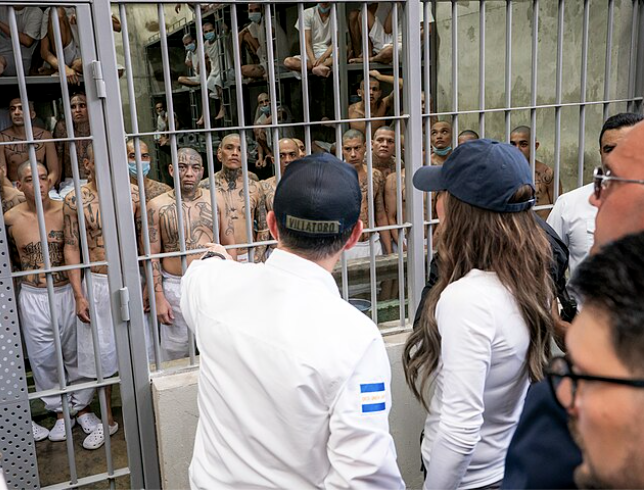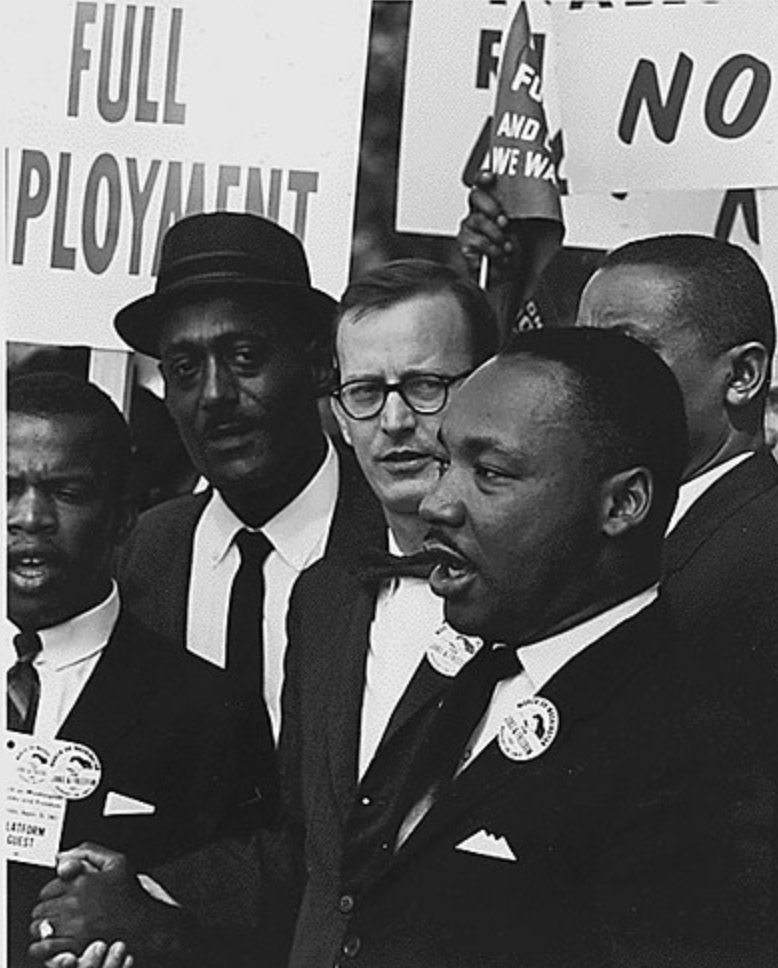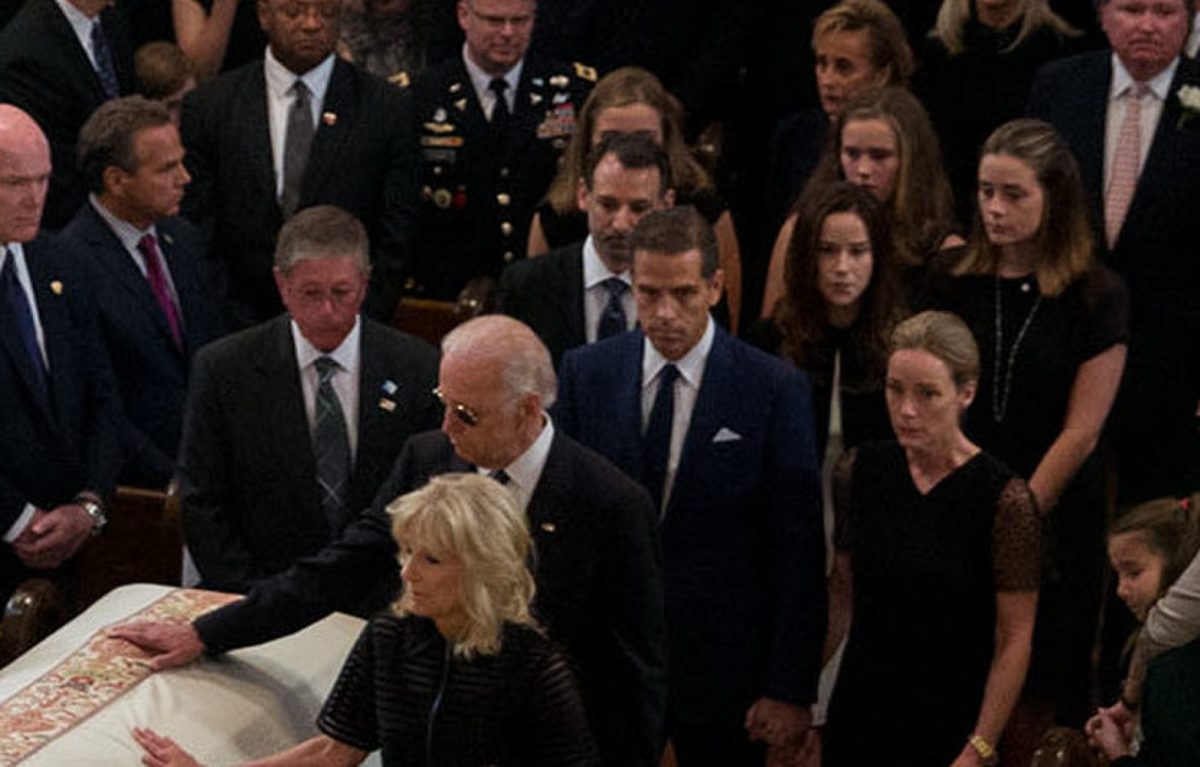Kate Chopin All-school Winner
Kellie La, sophomore
[Note: This is the unedited transcript of Kellie La’s handwritten, in-class essay.]
Once upon a time …
Isn’t that how most childhood and children’s stories begin? I guess mine were the exception.
Teenage years filled with angst and school-related worries. We complain and talk back, glare and rebel; but what is all of this from? I realized, one day.
Most of my classmates would not be capable of imagining their parents as teenagers. For me, it is an impossibility. Why? Because they never got to become teenagers.
Saigon in the 1970s was a city of bustling energy and political turmoil. The Communists had already begun their invasion into Vietnam and the North fell to their control. Constant war and anxiety filled the veins of the resistance. Some saw that the end was approaching, some held onto slivers of hope, while still trying to maintain a sense of normally in their daily lives.
Preparing for the worst. If anyone knew what this meant best, it would be the Chinese, the ones who were seeing history repeat itself. My grandparents, both paternal and maternal, had braved the Communist siege of China, and had escaped to Vietnam in search of safety. They succeeded and had established a place for themselves in the foreign country … only to have their children repeat it all over again.
Saving up cash to be exchanged into gold, my grandparents hid their emergency funds (in gold) under floorboards in their cramped, rickety houses. Wisdom of the ages or wisdom gained from experience? Either way, they knew it was coming.
The Vietnam War. Westerners talk about the horrors that their soldiers faced, but they know nothing. Gruesome bloodshot, shattered lives, and torn apart families. Politics are so much more than choices made over a Bill on Budget Cuts. Civil War. That is what plagued the people of Vietnam. An internal struggle where joining the military was not a career choice, but rather an inevitable end to the male Vietnamese youth. Most can name their uncles and aunts, can say what their occupations are, and where they live. I can’t.
I once asked my father, “Dad, how many brothers and sisters do you have?” He answered, “You already know this; two older sisters and an older brother.” (My father was the baby.) Looking at an old black and white photograph of my father’s family, I see five children, though. When I pointed this out, though, he stated that that was his older brother. He is dead. What led to this? War. No, he did not die fighting. His death was much less admirable, and all the more tragic. He had lost both battles. The one on the field, and the one in his mind. Depression had overtaken him, and he drowned himself. Drowned a misery and drowned in alcohol, finally, suffocating in a cloud of opium. It was the disease. The war epidemic.
1975. Saigon had fallen. The South has lost, and the North won. The Communists were in control. And my grandparents began to plan an escape. Not their own. No, their children’s. Sixteen years of age, my mother, with little more than some concealed money, and a loaf of bread as company. Teenage years, she lost them before she started, and never got them back again.
A refugee camp in Malaysia: a safe haven. But the challenges were not over yet. Little money and no real supplies of food, those there were forced to fend for themselves. By the time is was all over and my mother had finally ended up in Iowa, with not even a single word of English that she could utter, my mother continued to fight onwards.
My father, who escaped Vietnam just after my mother had, landed in the same camp as her. There was where they met, and a co-dependent relationship formed between the two. Even as he left for Toronto, and she for Iowa, their ultimate destination was to one another. They lived lives of chaos and unreal and external struggle, all before they turned twenty-one. Childhood, theirs were filled with the memories of political turmoil and serious poverty. From there, it was the straight path to adulthood.
I realized that day when my parents retold their story to me that I was not simply grateful to them for giving birth to and raising me. I was grateful for all that they had to go through that brought them to where they are. But most of all, I am grateful of the life that they fought so hard to give me. They are the true fighters. They lost the war against the North, but they won their own battles, and their strength, I am eternally indebted to. Grateful. I will always be grateful.








